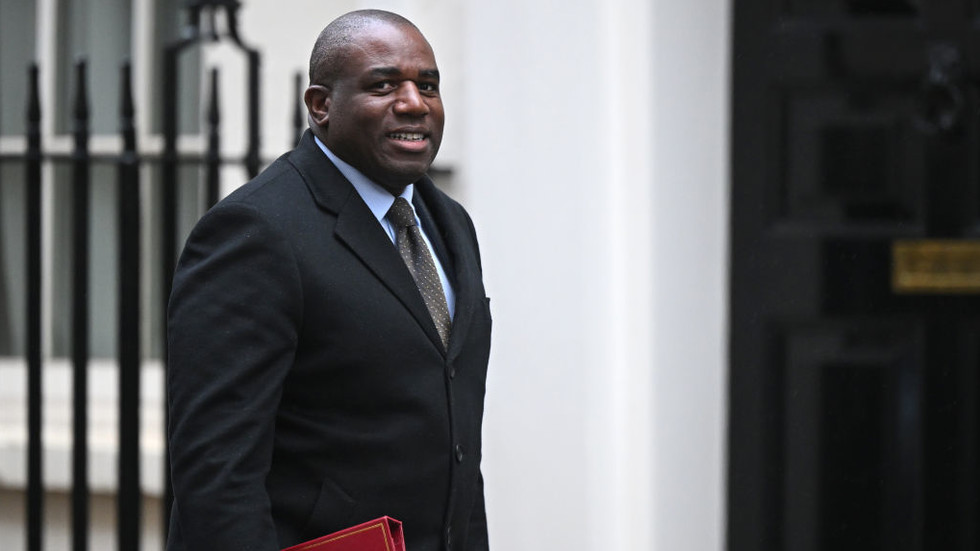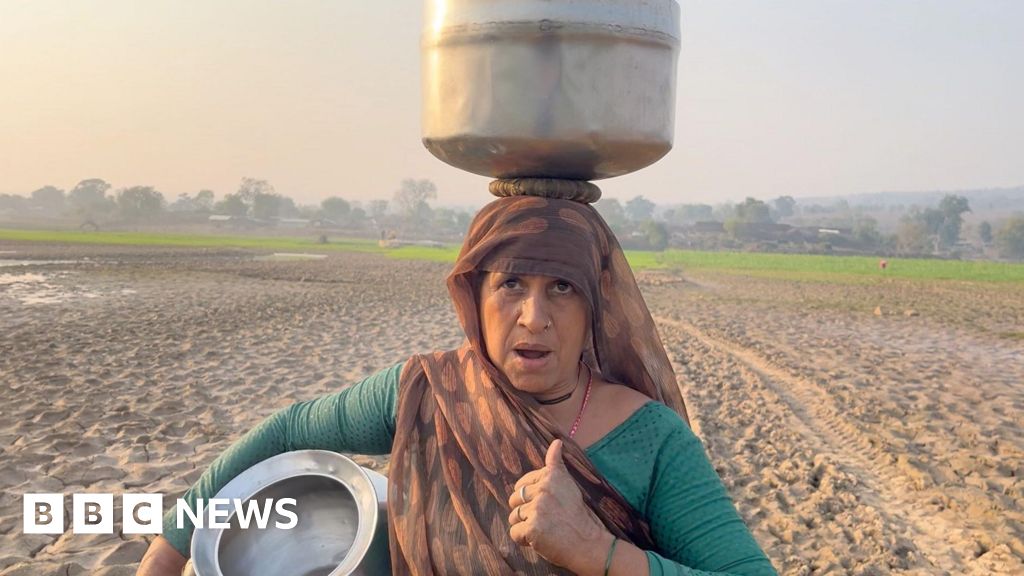NEW DELHI:
Panama
is set to undergo a significant shift in its
immigration policy
, which could have far-reaching consequences from the
Darien jungle
to the US border. The newly elected President, Jose Raul Mulino, has announced his intention to close down a
migration route
that was used by over 500,000 people in the previous year. Until now, Panama has been assisting migrants by providing bus transportation across its territory, enabling them to continue their journey northward.
Experts are uncertain about Mulino's ability to effectively reduce migration through a region that is sparsely populated and has limited government presence.
The 64-year-old lawyer and former security minister stated, "Panama and our Darien are not a transit route. Itis our border," following the confirmation of his victory with 34 per cent of the vote in Sunday's election on Thursday evening. He also expressed his intention to end "the Darien odyssey that does not have a reason to exist," as he had suggested during his campaign.
The migrant route through the narrow isthmus has seen a significant increase in popularity in recent years, largely due to the involvement of organized crime in Colombia, making it an affordable, albeit dangerous, land route for hundreds of thousands of people. This growth has been fueled by countries like Mexico imposing visa restrictions on various nationalities, including Venezuelans and Peruvians, in an effort to prevent migrants from flying into the country only to continue on to the US border.
Despite the risks associated with the route, including sexual assaults, robberies, and drownings, a large number of people have taken on the challenge and set out on foot through the jungle-clad Colombian-Panamanian border. The crossing, which initially could take a week or more, has been reduced to two or three days as the path has become more established and local entrepreneurs have set up various support services. Nevertheless, the route remains dangerous, with reports of sexual assaults continuing to rise, and some migrants being killed by bandits or drowning while attempting to cross rushing rivers. Despite these risks, approximately 147,000 migrants have already entered Panama through Darien this year.
Previous attempts to close migration routes around the world have often resulted in a shift of traffic to riskier paths. Giuseppe Loprete, chief of mission in Panama for the UN's International Organisation for Immigration, stated, "People migrate for many reasons and frequently don't have safe, orderly and legal ways to do it. When the legal routes are not accessible, migrants run the risk of turning to criminal networks, traffickers and dangerous routes, tricked by disinformation." Loprete also mentioned that the UN agency's representatives in Panama would meet with Mulino's team once its members are named to learn the specifics of the president's plans.
If Mulino is even partially successful in his efforts, it could have a significant, albeit likely temporary, impact. However, if the factors driving migrants to leave their countries persist, they will likely find alternative routes, such as the dangerous sea routes from Colombia to Panama.
In a local radio interview on Thursday, Mulino clarified that the idea of shutting down the migration flow is more philosophical than a physical obstacle. He stated, "Because when we start to deport people here in an immediate deportation plan the interest for sneaking through Panama will decrease. By the time the fourth plane loaded with migrants takes off, I assure you they are going to say that going through Panama is not attractive because they are deporting you."
Julio Alonso, a Panamanian security expert, expressed uncertainty about what Mulino could realistically achieve, stating, "This would be a radical change to Panamanian policy in terms of migration to avoid more deaths and organised crime using the route." He also highlighted the challenges of implementing such a policy along an open and uncontrolled border, noting that "in Panama, there is no kind of suppression with this situation, just free passage, humanitarian aid that didn't manage to reduce the number of assaults, rapes, homicides and deaths along the Darien route."
Alonso further commented that Mulino's proposal is "a dissuasive measure, yes, (but) whether it can be completely executed we will see." He also emphasized the need for cooperation and coordination with Colombia and other countries to achieve any significant results.
Adam Isacson, an analyst at the Washington Office on Latin America, questioned the feasibility of Mulino's plan, stating, "Without considering the risk of returning migrants to dangerous situations, in mathematical terms I don't know how they hope to massively deport migrants. A daily plane, which would be extremely expensive, would only repatriate around

 9 months ago
33
9 months ago
33









